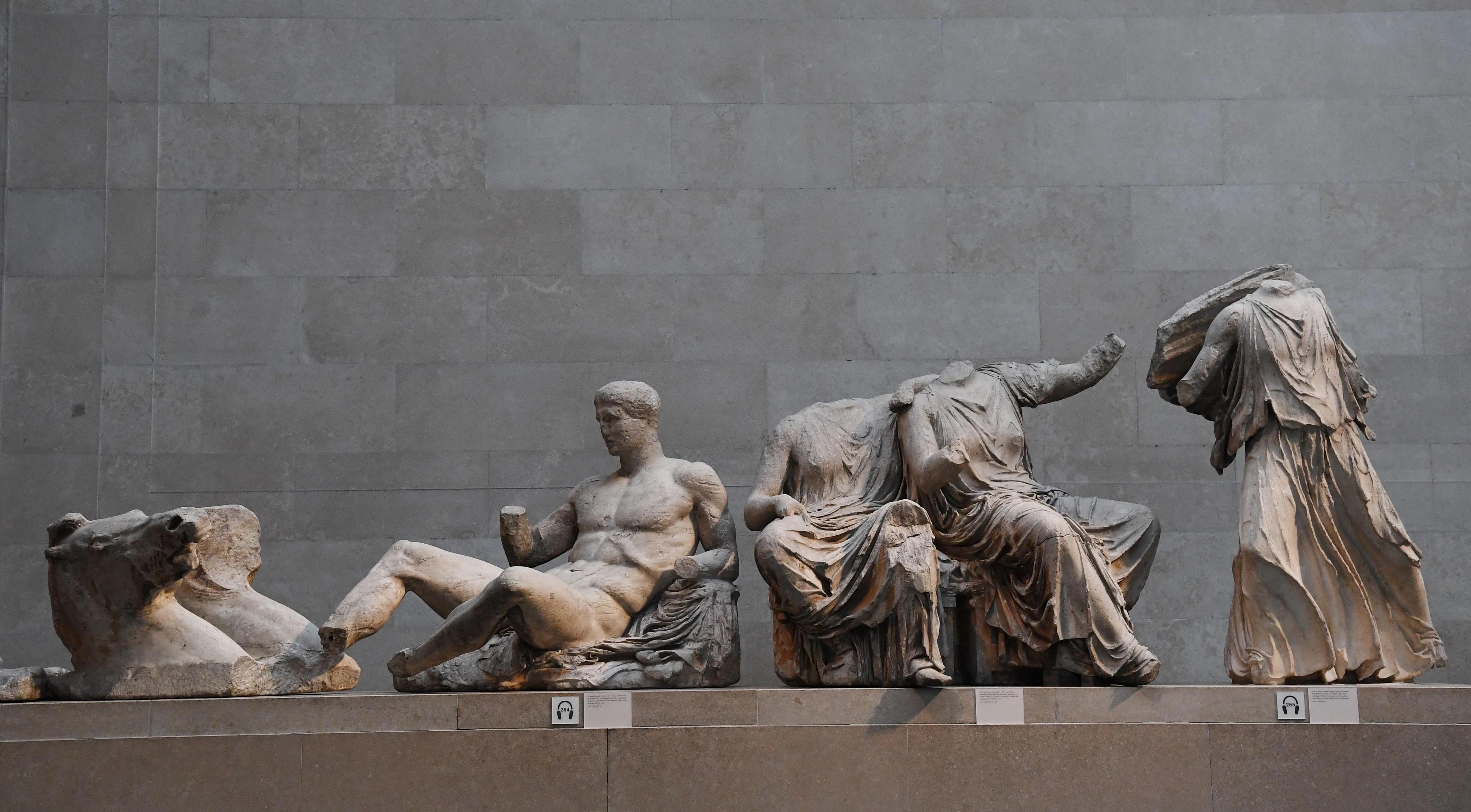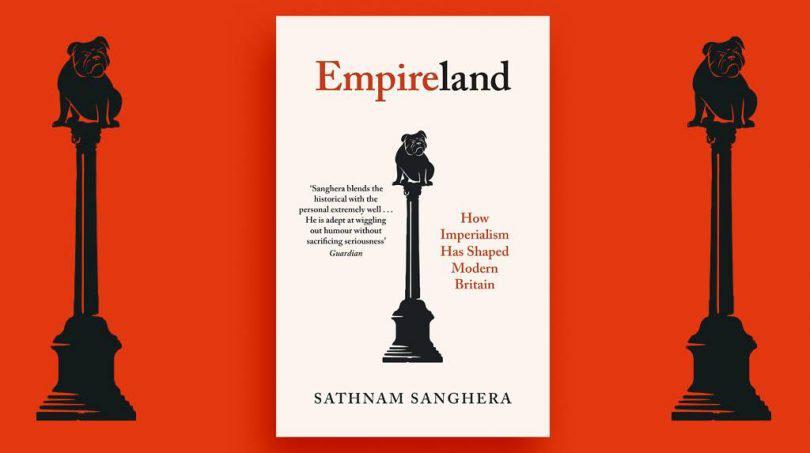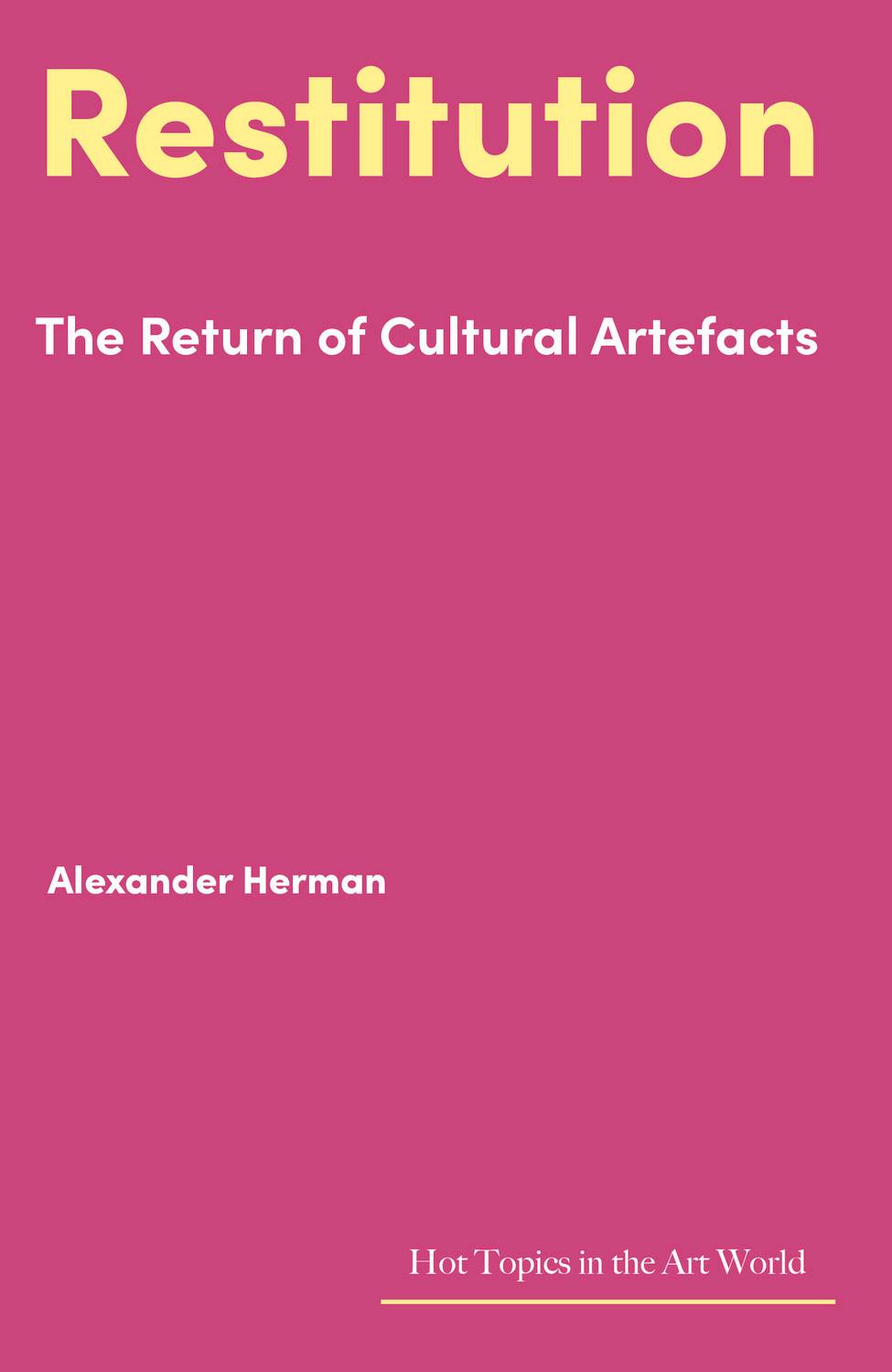
2 minute read
Should Museums Return
All Their Artefacts to the Correct Countries?
by Daisy Lascelles
Advertisement
There has been a great deal of controversy and debate especially within recent years as to whether artefacts should be returned to their country of origin.
One artefact that is especially debated over is the Elgin Marbles. The Elgin Marbles are of Greek origin and are a collection of ancient Greek sculptures from the Parthenon and other structures from the Acropolis of Athens. The Elgin Marbles were purchased by the British in 1816 when a House of Commons Select Committee found that the marbles were of high artistic value and recommended the government purchase them for £35,000. The argument for the return of the Elgin Marbles is that the pieces represent a vital and central part of Greek cultural heritage. They are the most prominent and symbolic link that modern Athens and modern Athenians have with the greatness of their ancient ancestors. The argument for not returning the marbles centres around government ministers and the British museum saying they couldn’t return the marbles because of a law which bans museums from deaccessioning – i.e selling or giving away – pieces in their collection.
Arguments for the return of artefacts to their countries of origin include:
• Morally it is the right thing to do – it is about making right with the wrongs of the past and showing respect to those who have been negatively impacted.
• Artefacts are enriched by being viewed in their place of origin.
• Artefacts hold symbolic historical and cultural roots in their creations and must be repatriated to honour those roots and the people who have evolved from them.
• It is the independent nations’ right to have control over their own artefacts and how they take care of them. It is a portion of those countries’ heritage which are being stolen.
• If preservation was truly a concern, surely more financial aid could be provided to support and acquire new resources for museums.
• Although colonialism was considered the norm between the 15th and 20th centuries, they should not unfairly and unlawfully reap the financial and social benefits of having artefacts that do not originate from them.
(Continued on the next page)
Arguments against the return of artefacts to their countries of origin include:
• Returning artefacts to their country of origin may result in them being damaged or lost.
• Fear that if these artefacts were returned many museums would lose the majority of the objects they have, resulting in economic consequences for the museums.
• At least for British Museums there is a law forbidding it: The British Museum Act 1963 was created to make it illegal to give looted treasures back to the people they looted from.
Overall, there is fierce debate in the academic world regarding this issue. Below is some suggested reading if you are interested in finding a more comprehensive insight into this issue or other issues regarding museums, such as colonialism.

3
Restitution: The Return of Cultural
Artefacts by Alexander Herman

The Whole Picture: The Colonial Story of the Art in Our Museums and Why We Need to Talk
About It by Alice
Procter
Women in the Picture: What Culture


4 Does With Female Bodies by
Catherine
McCormack; this one is not directly connected with the debate at hand, but is interesting nonetheless.










